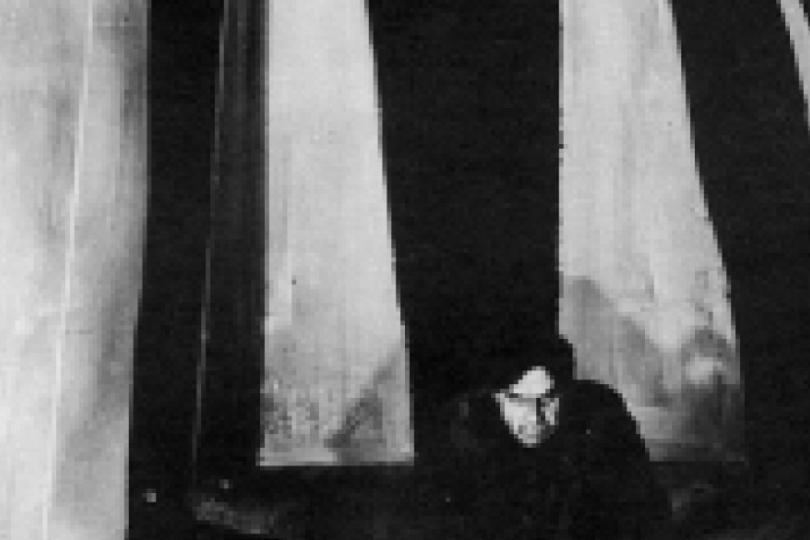Conflict!
Editorial

This is the second of six articles examining lessons I learned as a young actor at the Children’s Theatre Company. The first article, an overview of Transformational Acting with my unfair, unsubstantiated swipe at actor training programs, can be found here.
Minnesota Nice
I suspect other actors, especially actors in other parts of the world, have a much easier time with this. But as a good Midwestern boy, I am very uncomfortable with conflict. I’ve written a number of not-very-good plays. They mostly go like this:CHARACTER 1: I strongly disagree with you. CHARACTER 2: And I with you. CHARACTER 1: It’s a pity we can’t find some common ground. CHARACTER 2: Perhaps we can. CHARACTER 1: Why, yes, I believe we can. CHARACTER 2: I’m glad we came to this understanding. CHARACTER 1: As am I.At the first hint of conflict, I sprint in the opposite direction. But conflict, of course, provides the fuel that powers the engine that drives the theater along the highway of art and into the restroom-equipped wayside of popular entertainment. The very first plays in the Western tradition centered on families – fathers and daughters, mothers and sons, husbands and wives – people who know and love each other, and want to KILL EACH OTHER. The Greeks established the formula for every play written ever since: take at least two things that don’t go together and slam them together. Love and hate, good and evil, joy and grief, beauty and horror, etc. Conflict is hard-coded into theater’s DNA. It goes way beyond protagonist vs. antagonist. There are opposing forces in nearly every relationship, every character, every scene, even in our way of working – heart vs. mind, internal vs. external, collaboration vs. puppet-master. For actors it works like this: whatever it is you think is going on with your character, look for the opposite thing – it’s probably true as well. I learned this lesson most clearly during rehearsals for CTC's production of The Wonderful Wizard of Oz (1993). Playwright Tom Olson wrote the role of the Tin Man for Tom Dunn (the best actor I've seen on any stage, any where). The story tells us that the Tin Man thinks he doesn't have a heart, though later we learn that he does. So Tom and Tom created a character who walks and talks like a heartless tough guy - sort of a metallic John Wayne – but who bursts into tears at the slightest provocation. He was a tough softie. His was the big, open heart at the center of the story. It was funny and surprising and beautiful. It seems so simple, doesn’t it? So obvious. And yet, I’ve been to far too many productions where the actors, good actors!, burst onto the stage and play ONE THING. It’s never one thing. There can be no conflict with one thing. One thing is boring. Even when it’s done with energy and talent and skill, one thing is boring. I’m sure you’ve had the same experience. “Oh, here’s the girl who cries all the time.” “He’s the guy who growls a lot.” Even if you didn’t see the Guthrie’s god-awful production of Macbeth, you’ve been to something where an actor walks on stage and in fifteen seconds you’ve seen the whole performance. Don’t be that actor.Finis


